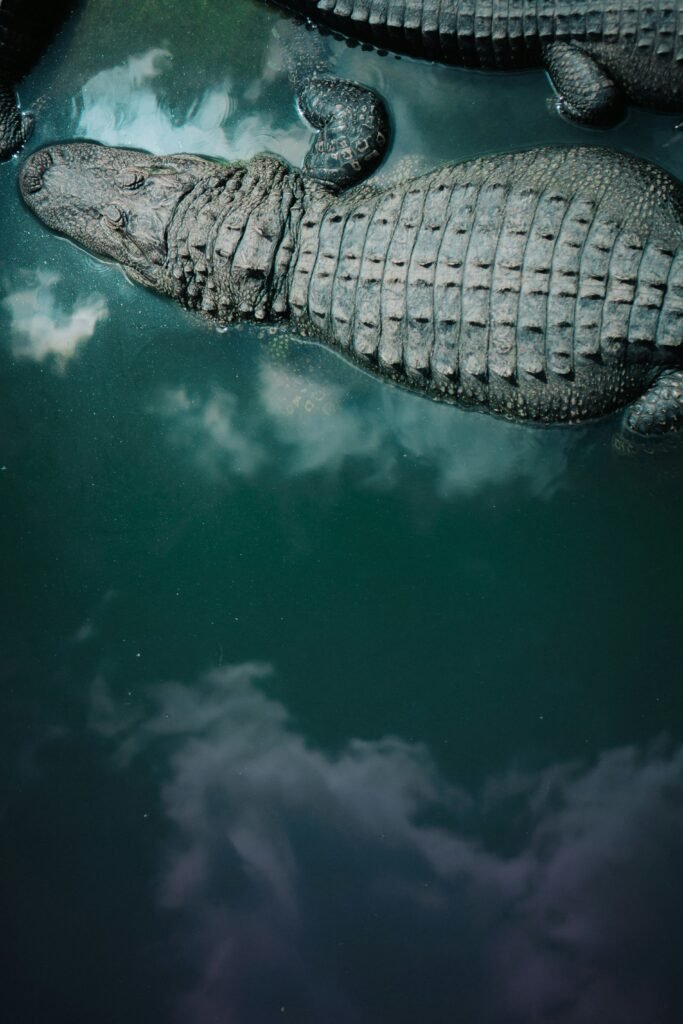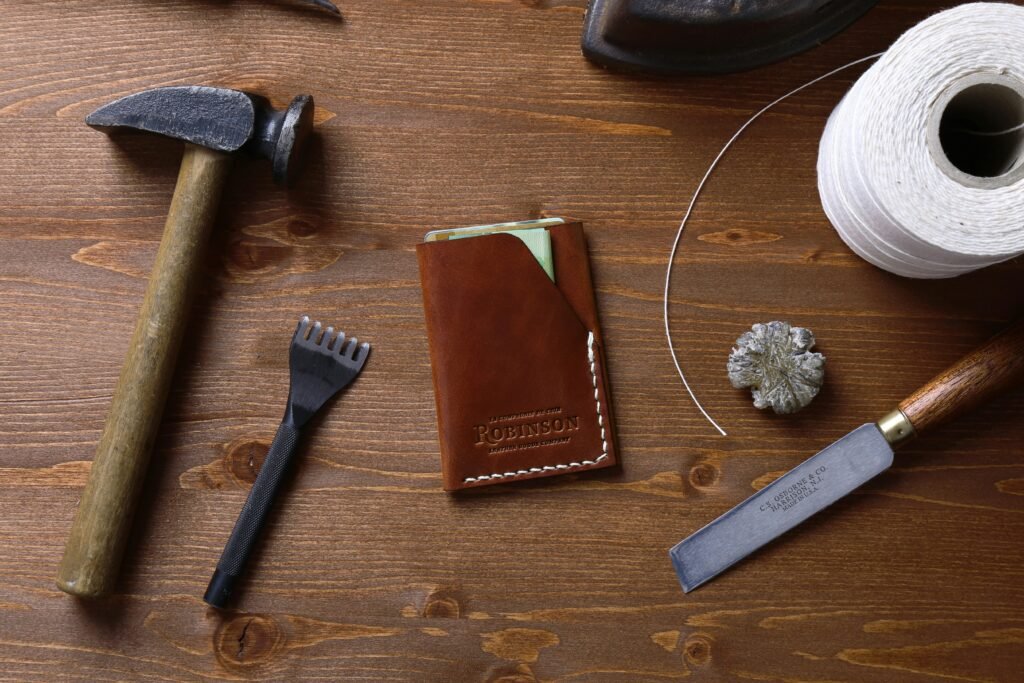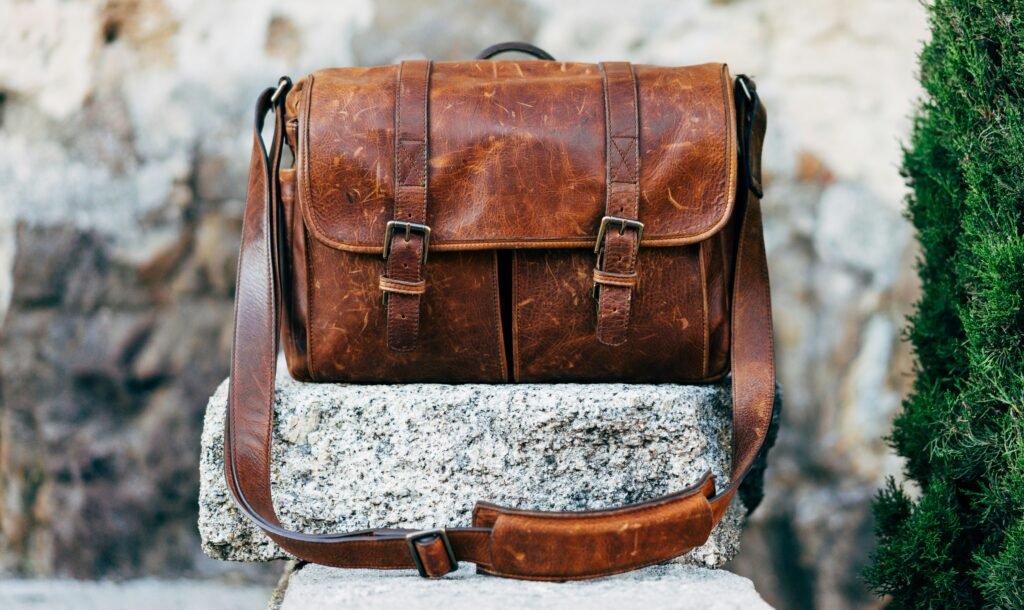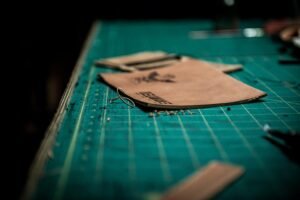Exploring the Ethical Dilemma: The Impact of Wildlife Conservation on Alligator Leather
Welcome to an eye-opening exploration of the ethical dilemma surrounding the impact of wildlife conservation on alligator leather. This article delves into the complexities of the fashion industry’s use of alligator leather, shedding light on the consequences for these remarkable creatures and the delicate balance between wildlife conservation and the luxury goods market. Prepare to be informed and inspired as you uncover the thought-provoking issues at the intersection of fashion, ethics, and conservation.
Exploring the Ethical Dilemma: The Impact of Wildlife Conservation on Alligator Leather
Have you ever stopped to think about the ethical implications of using alligator leather products? In recent years, there has been a growing concern about the impact of wildlife conservation efforts on the production of alligator leather. Let’s delve deeper into this ethical dilemma and explore the various facets of this issue.

This image is property of images.unsplash.com.
The Allure of Alligator Leather Products
Alligator leather products have long been prized for their luxury and exclusivity. From handbags to watch straps, alligator leather is a popular choice among consumers who value high-quality, durable materials. The unique texture and pattern of alligator leather add a touch of sophistication to any item, making it a coveted material in the fashion world.
Have you ever owned an alligator leather product? What drew you to purchase it?
Alligator leather products are often associated with luxury and status, making them a desirable choice for many consumers. However, it is essential to consider the ethical implications of using such products, especially when it comes to wildlife conservation efforts.
Wildlife Conservation Efforts for Alligators
Alligators are a species that have faced the threat of extinction due to overhunting and habitat loss in the past. To protect these creatures and ensure their survival, wildlife conservation efforts have been implemented to regulate hunting and trade of alligator products. Organizations such as the Convention on International Trade in Endangered Species of Wild Fauna and Flora (CITES) have established guidelines to monitor and control the trade of alligator products to prevent exploitation and ensure sustainable conservation.
Are you aware of the conservation efforts in place to protect alligators? How do you feel about supporting these initiatives?
By supporting wildlife conservation efforts for alligators, we can help ensure the preservation of this species for future generations. However, there are ethical considerations to be made when it comes to using alligator leather products, as conservation efforts may impact the availability and production of such items.
The Ethics of Using Alligator Leather
The ethical dilemma surrounding the use of alligator leather products stems from the conflict between the principles of wildlife conservation and the demand for luxury goods. While conservation efforts are crucial for protecting endangered species like alligators, the commercial value of their hides poses a challenge in balancing conservation and consumer interests.
How do you personally reconcile the ethical implications of using alligator leather products with your desire for luxury and fashion?
As consumers, we have the power to make ethical choices when it comes to the products we support and purchase. By considering the ethical implications of using alligator leather products, we can make more informed decisions about our consumption habits and their impact on wildlife conservation efforts.
Sustainable Practices in Alligator Farming
One way to address the ethical concerns surrounding alligator leather production is through sustainable farming practices. Alligator farms have emerged as a more sustainable alternative to wild harvesting, as they raise alligators in captivity for their hides and meat. By implementing strict regulations and standards for farming operations, these facilities can ensure that alligators are ethically treated and that their populations are not depleted in the wild.
Have you ever considered the source of your alligator leather products? Would you choose products from sustainable farming practices over wild-harvested alternatives?
Supporting alligator products from sustainable farming practices can help promote ethical treatment of animals and support conservation efforts. By choosing products from responsible sources, we can contribute to the protection of alligator populations while still enjoying the luxury of alligator leather items.

This image is property of images.unsplash.com.
Transparency in the Alligator Leather Industry
Transparency in the alligator leather industry is crucial for maintaining ethical standards and ensuring accountability in the production process. Companies that prioritize transparency in their sourcing and manufacturing practices can build trust with consumers and demonstrate their commitment to sustainability and ethical production. By providing information about the origins of their alligator hides and the practices used in their operations, companies can empower consumers to make informed choices about the products they purchase.
How important is transparency to you when it comes to buying alligator leather products? What information do you look for to ensure ethical sourcing and production?
By advocating for transparency in the alligator leather industry, consumers can contribute to the promotion of ethical practices and sustainability standards. It is essential for companies to disclose information about their sourcing and manufacturing processes to build trust with consumers and uphold ethical standards in the production of alligator leather products.
Alternatives to Alligator Leather
If you are concerned about the ethical implications of using alligator leather products, there are alternative materials that offer a cruelty-free and sustainable option. Vegan leather, made from plant-based materials such as cork, pineapple leaves, or mushrooms, provides a more ethical and environmentally friendly alternative to traditional alligator leather. These materials offer a similar look and feel to genuine alligator leather while avoiding the ethical dilemmas associated with wildlife conservation.
Have you considered switching to alternative materials for your leather products? What are your thoughts on the growing trend of vegan leather in the fashion industry?
Exploring alternative materials for leather products can help reduce the demand for alligator hides and contribute to more ethical and sustainable fashion practices. By choosing cruelty-free alternatives, we can support the development of innovative materials that offer a more ethical choice for consumers.

This image is property of images.unsplash.com.
Conclusion
In conclusion, the ethical dilemma surrounding the use of alligator leather products highlights the complex relationship between wildlife conservation efforts and luxury fashion. By considering the impact of our consumption habits on alligator populations and supporting sustainable practices in the industry, we can make more informed choices that align with our values and ethics. Ultimately, it is essential to prioritize ethical considerations in our purchasing decisions to promote the protection of endangered species like alligators and contribute to a more sustainable future for our planet.
What steps will you take to make more ethical choices in your consumption habits regarding alligator leather products? How can you contribute to wildlife conservation efforts through your purchasing decisions?
Together, we can make a positive impact on the conservation of alligator populations and promote ethical and sustainable practices in the fashion industry. By staying informed and supporting responsible brands, we can help protect these magnificent creatures for generations to come.



